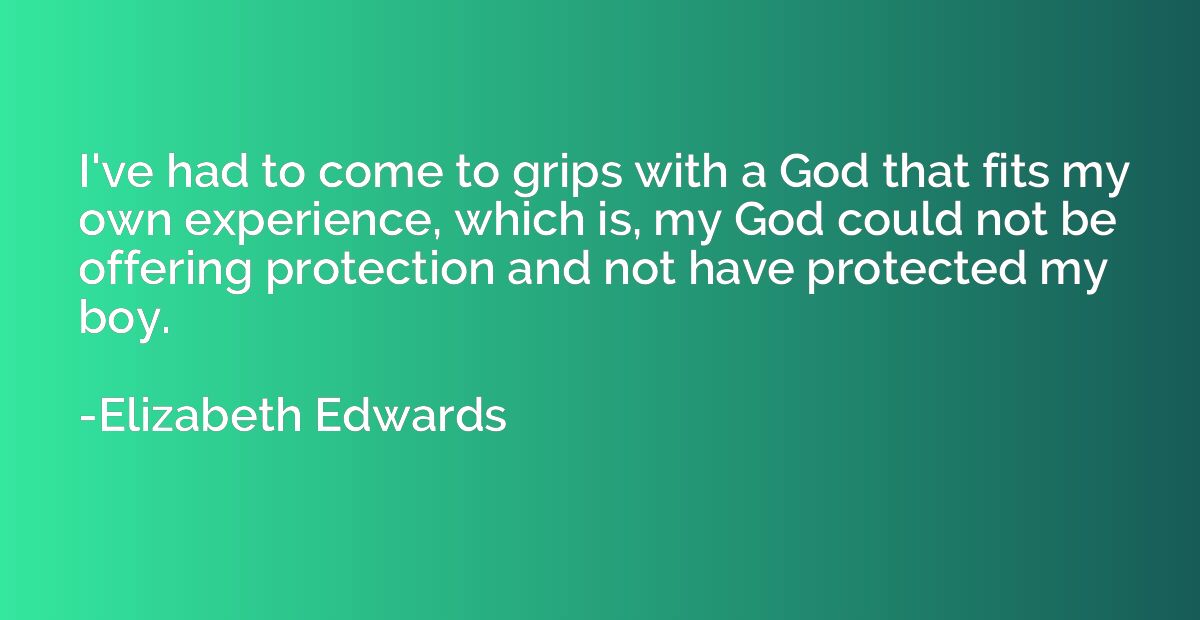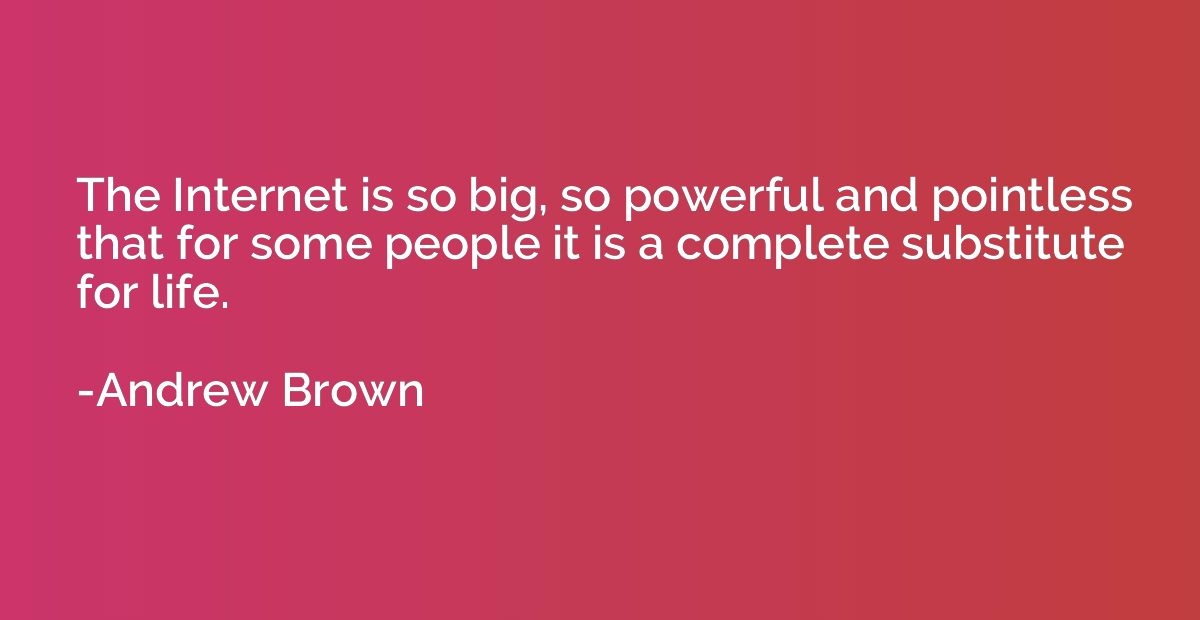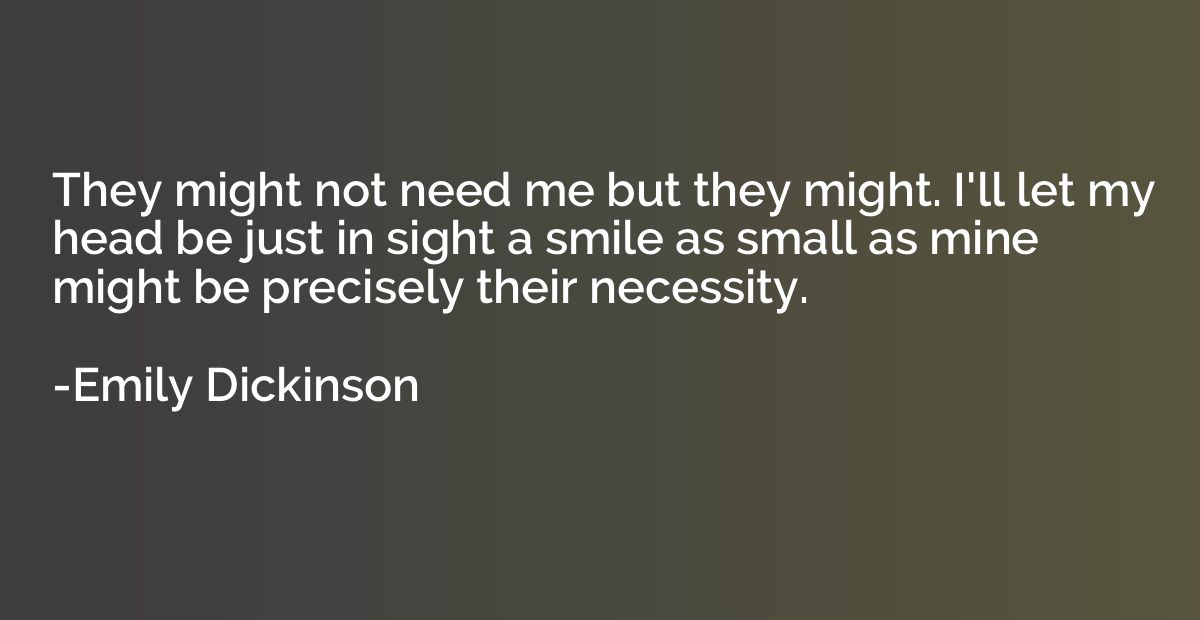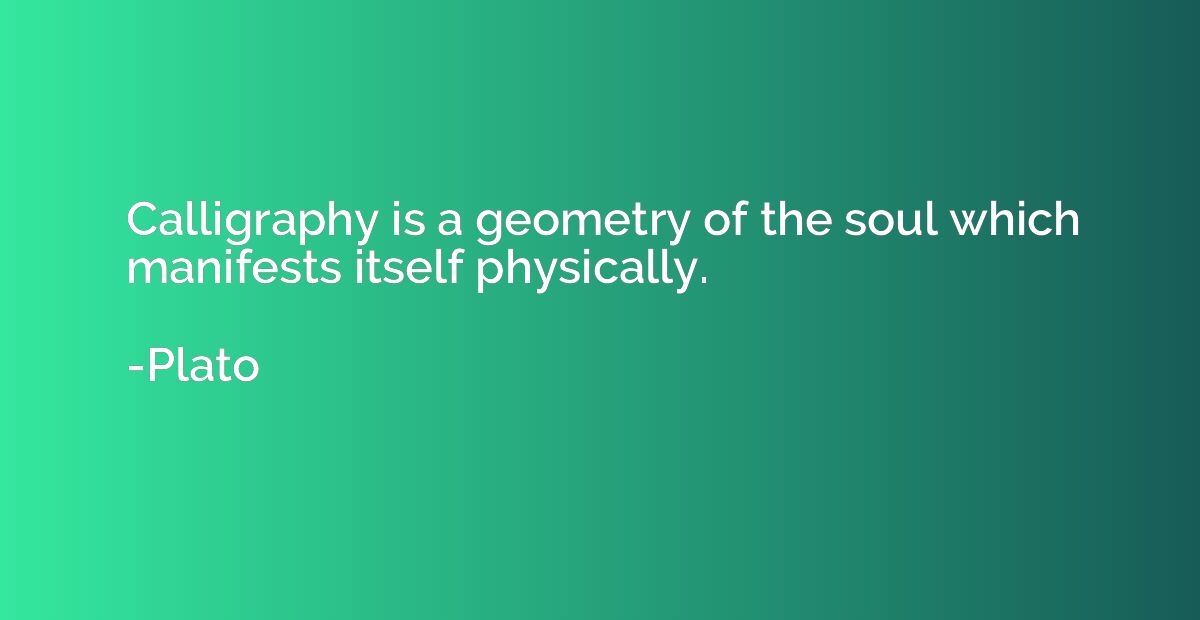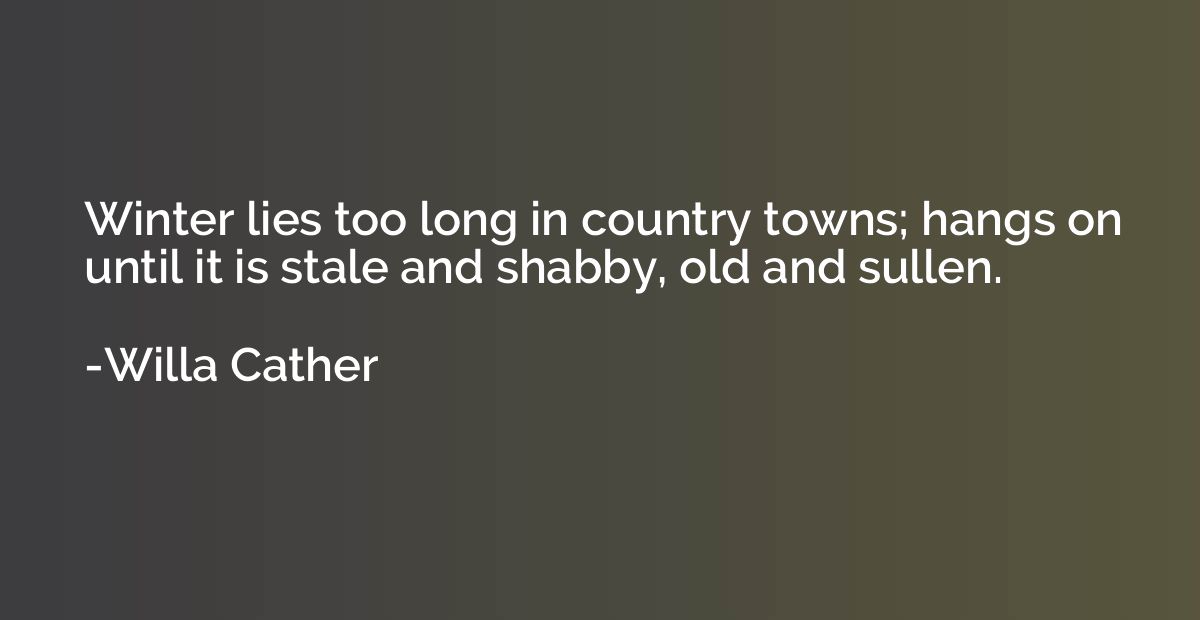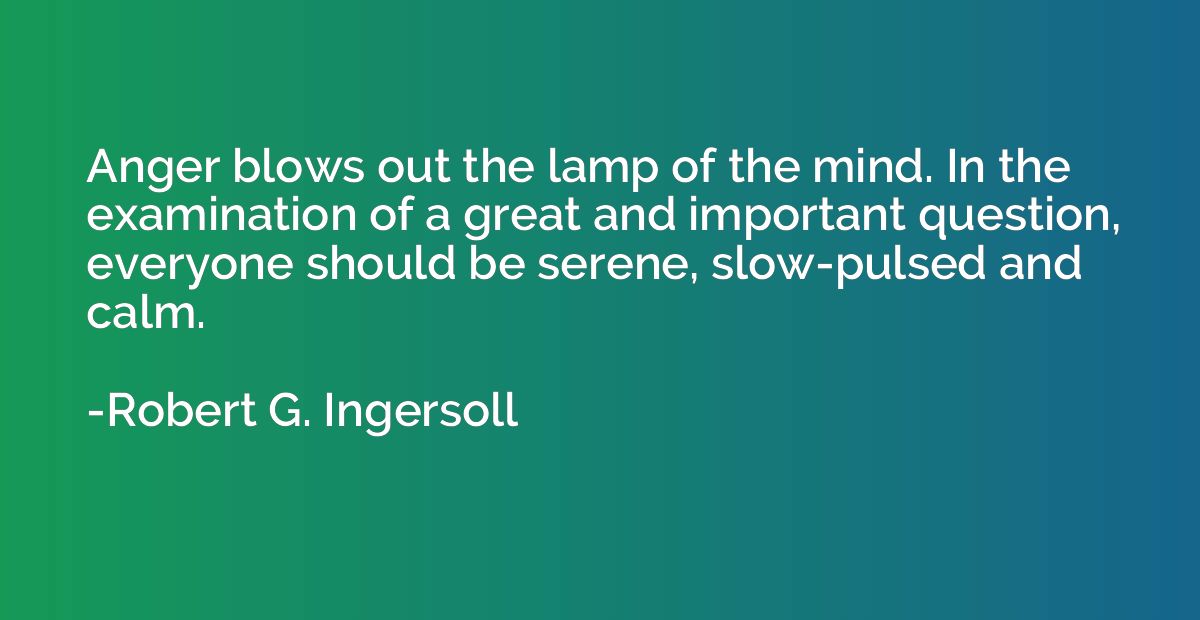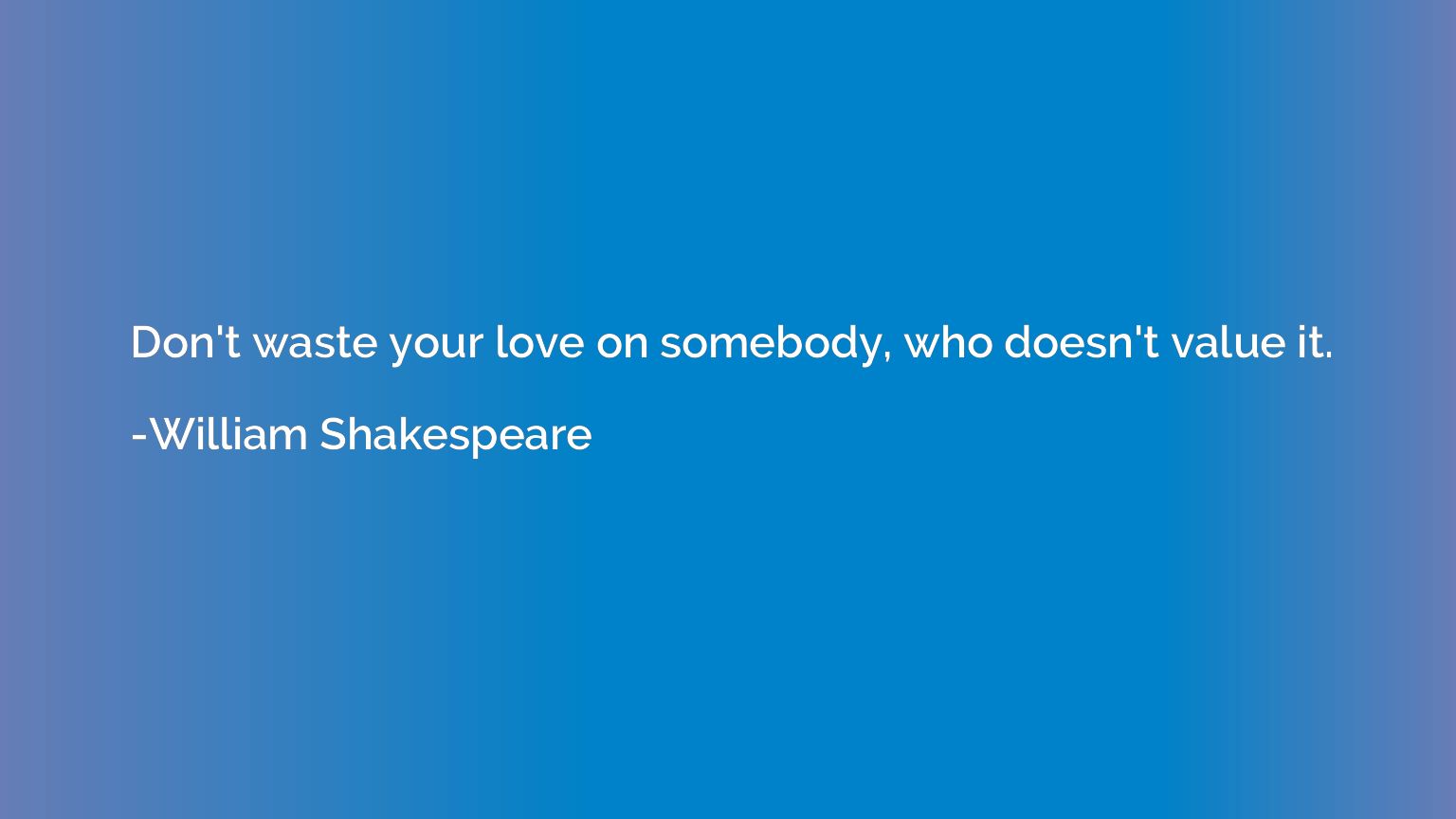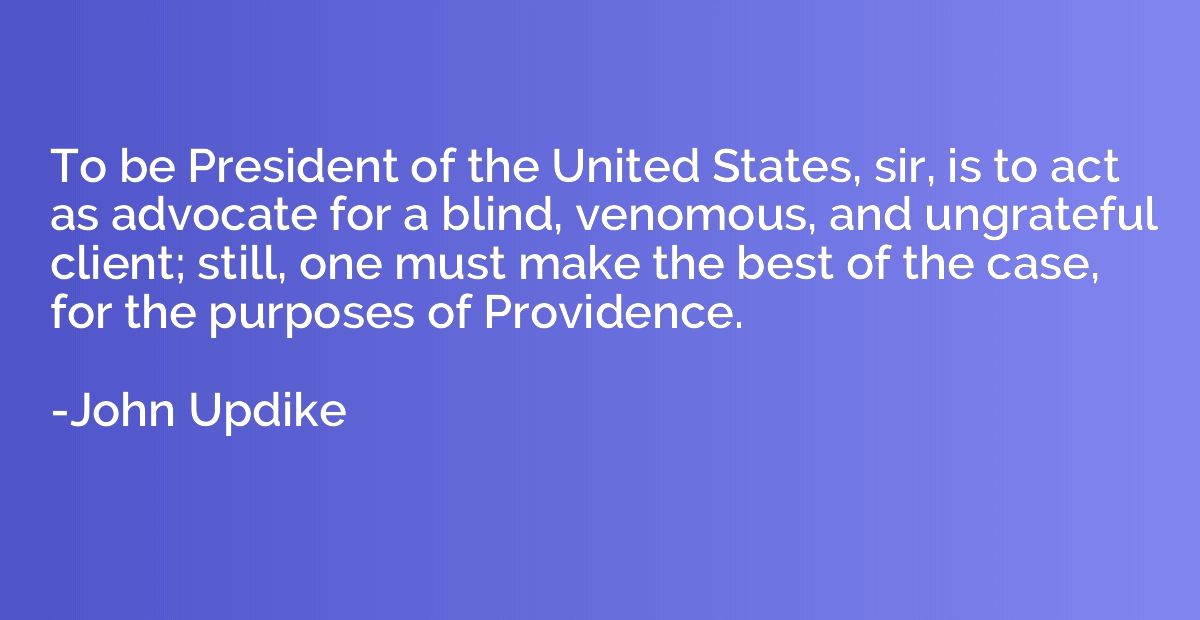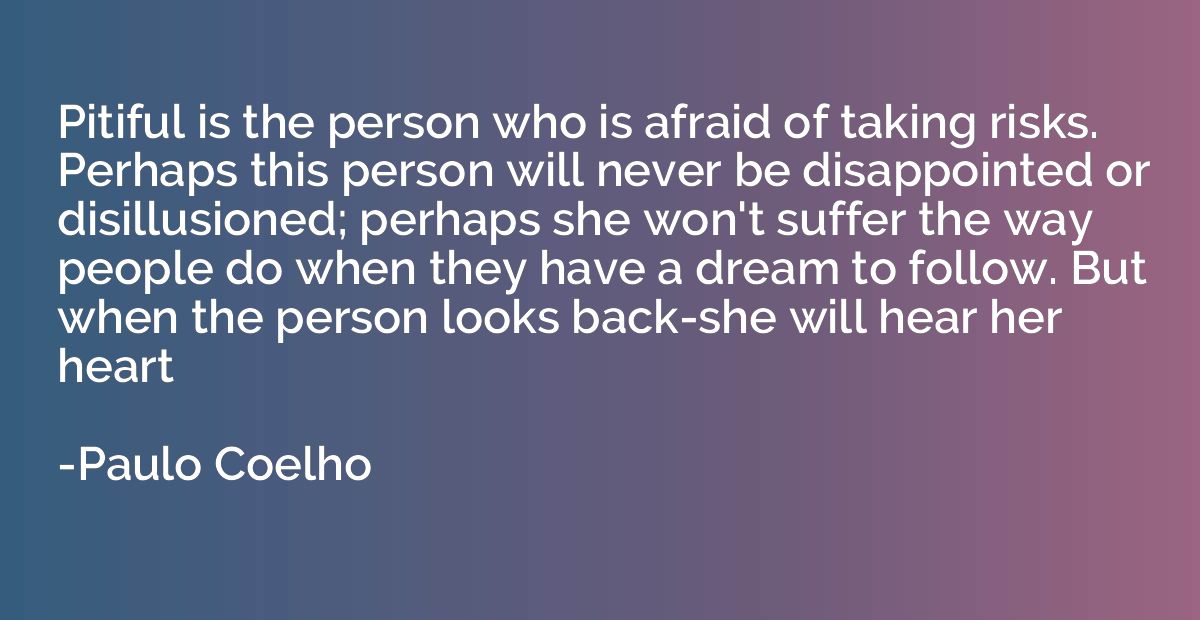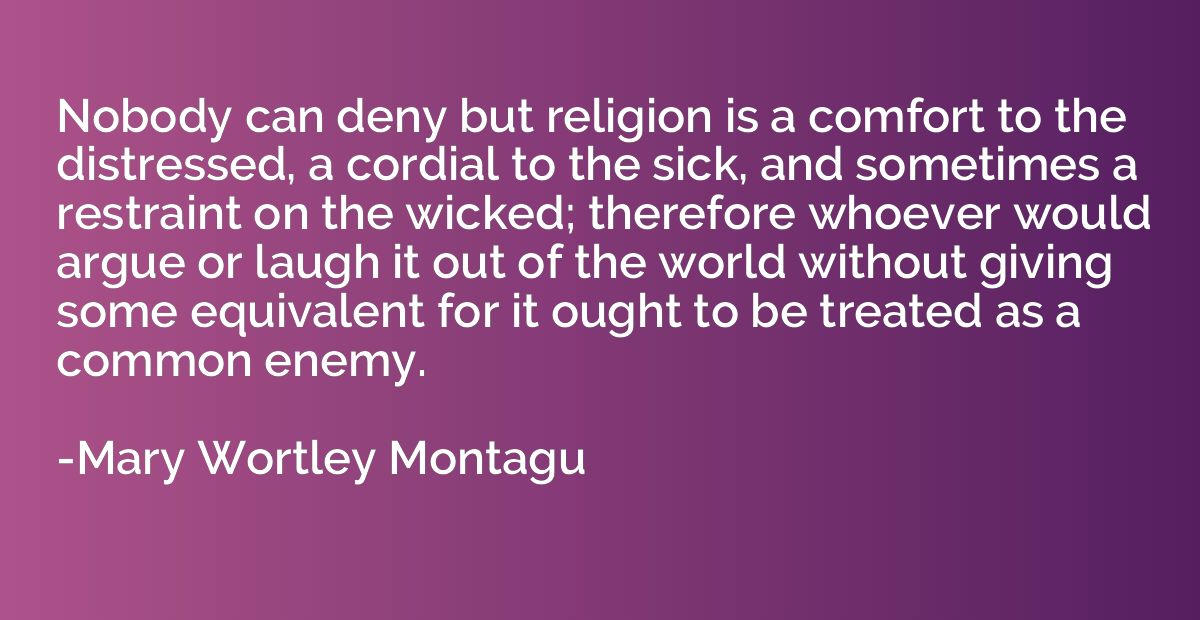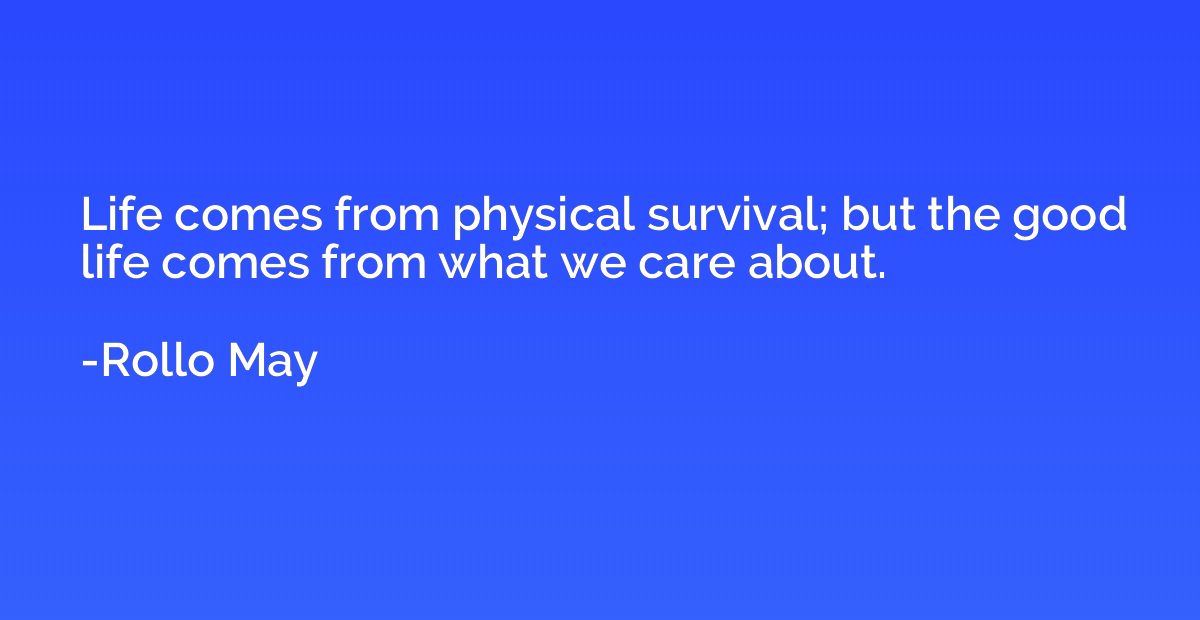Quote by Mark Twain
A public library is the most enduring of memorials, the trustiest monument for the preservation of an event or a name or an affection; for it, and it only, is respected by wars and revolutions, and survives them
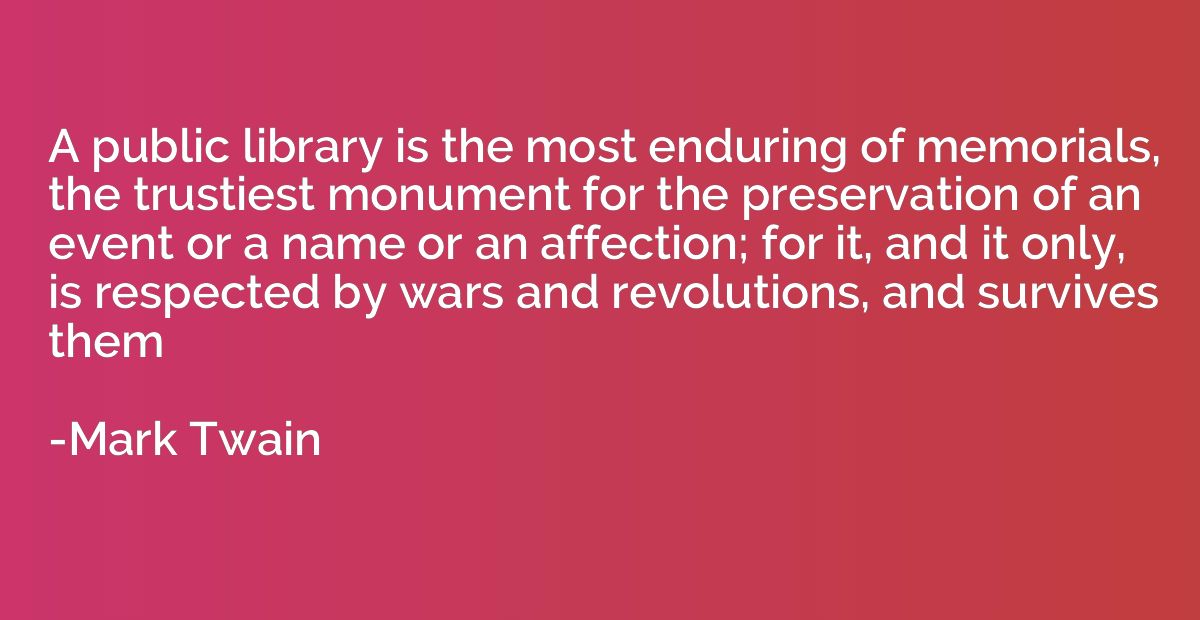
Summary
This quote emphasizes the significance of public libraries as lasting institutions that transcend the test of time. It highlights how a public library serves as a reliable and steadfast memorial, capable of preserving events, names, and even emotions. Unlike physical monuments vulnerable to destruction during times of conflict and change, a public library withstands the impact of wars and revolutions, reflecting its enduring respect and ability to endure beyond the turbulence of historical shifts.
Topics
Libraries
By Mark Twain



